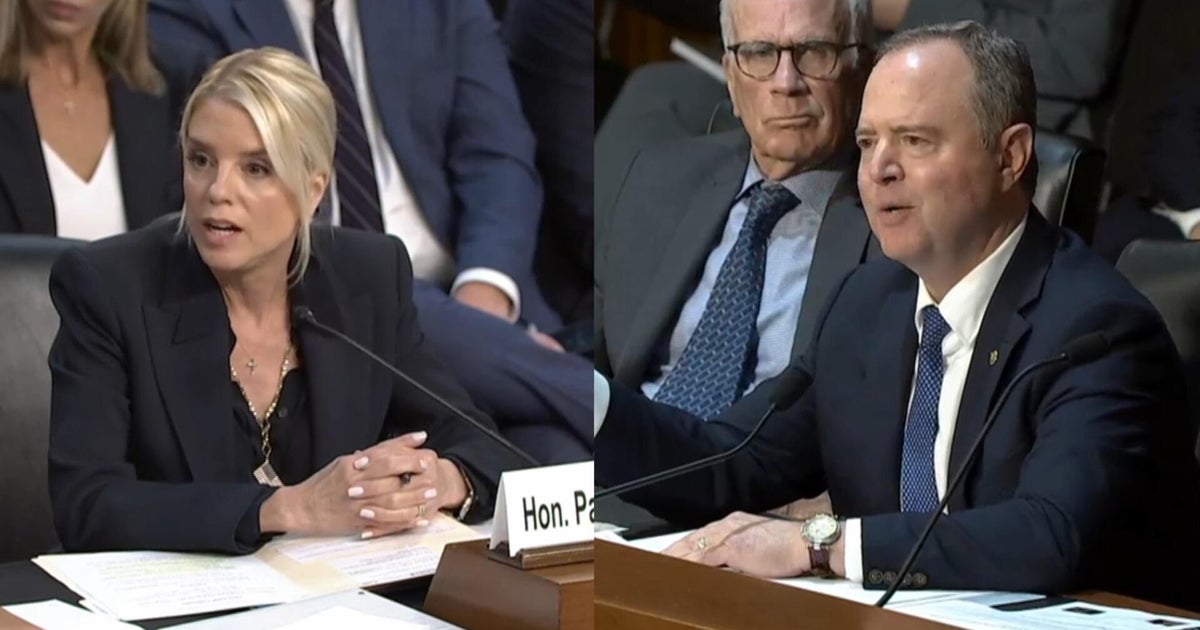Author and journalist Rick Morton would willingly trade his newly minted Prime Minister’s Literary award for a taste of justice in the long-running robo-debt scandal, the four-year saga of maladministration that is the very subject of his award-winning non-fiction work.
It irks him that the federal government’s National Anti-Corruption Commission (NACC) is still investigating officials associated with the discredited welfare debt recovery scheme two years since a royal commission slammed it as unlawful, cruel and a failure of public service accountability.

Rick Morton has won the Prime Minister’s Prize for Non-fiction for Mean Streak. Credit: Dany Weus
“I’d give it away in a second if people were held properly accountable. I didn’t think I was a vengeful god but robo-debt turned me into a vengeful god, and so far there has not been a repercussion in sight.
“Some of the people responsible for robo-debt are working outside the public service and not sanctioned by legal boards as far as I know, and some who designed robo-debt are still in the public service in compliance and audit roles. How can that be?”
Morton’s Mean Streak is a “forensic take-down” of the architects of the infamous robo-debt scheme, the illegal debt-collecting operation which ran between July 2015 and November 2019.
Under the scheme, more than 500,000 inaccurate and illegitimate Centrelink debts were raised through a method of “income averaging”. It ended abruptly in 2019 after the filing of a class action.
Morton won the Prime Minister’s Literary Award for Non-Fiction, presented by federal Arts Minister Tony Burke at the National Library in Canberra on Monday night.
Michelle de Kretser, twice winner of the Miles Franklin Literary Award, won the fiction prize for Theory & Practice. De Kretser was a previous winner for Questions of Travel in 2013 and in May collected the 2025 Stella Prize.

Michelle de Kretser scoops the Prime Minister’s Literary Prize for a fiction work. Credit: Steven Siewert
In her seventh novel, which follows a young woman in the mid-1980s Melbourne working on a master’s thesis about novelist Virginia Woolf, judges said de Kretser “masterfully tests the limits of the novel as a form to investigate power in all its complexity”.
“Moving between fictional, auto fictional and essayistic modes, this novel is elegant, playful and razor sharp. It plays with and tests readers’ assumptions about authors and narrators, lived experience and fiction, and how these assumptions are shaped by gender, ethnicity and class.”
Other winners, each receiving $80,000 tax-free, are:
Australian history: Critical Care: Nurses on the frontline of Australia’s AIDS crisis by Geraldine Fela, a work examining Australia’s response to the AIDS crisis in the 1980s and 1990s from the perspective of health care practitioners and patients.
Children’s literature: Leo and Ralph by Peter Carnavas, a book that speaks to children who are quiet, awkward, curious or outside the “popular group” and sometimes side-lined by confident extroverts.
Loading
Young adult literature: The Invocations by Krystal Sutherland. The New York Times bestselling novelist, the judges said, is “at the height of her powers, showcasing a truly impressive command of character and theme”.
Poetry: The Other Side of Daylight: New and Selected Poems by David Brooks. Judges said Brooks’ “abundance of finely observed poems about rural life in the Blue Mountains burn with a passionate conviction for animal welfare and environmental conservation”.
Morton, who is the author of four non-fiction books, including the critically acclaimed bestseller, One Hundred Years of Dirt, wasn’t present at the awards.
He is taking a “a gap year” in Paris, where he is a writing a fiction work he put on hold to dig into the robo-debt scandal. He will use the prize money to sustain his overseas writing life.
Morton thought he was done with robo-debt when he reported the findings of the royal commission in 2023.
Loading
“I named names and some of the public servants complained to me that I was mean, and it made me realise that was the only thing that these public servants cared about, their reputation, and I wasn’t prepared to let it go after that.
“I think the bare minimum is that when there are such vulnerable lives in their hands, and you are involved in robo-debt, even innocently, that they still lose their jobs,” Morton says.
“There’s a lesson there as to how white-collar crime is treated.”
Most Viewed in Culture
Loading


















































